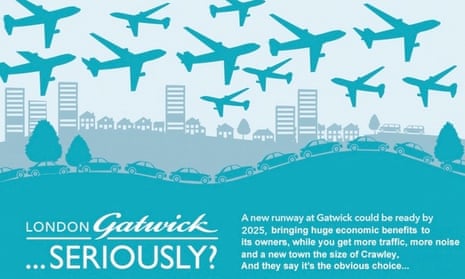Delayed gratification: it’s an important life skill we try to teach our children when they want that tooth-rotting treat right now. With good reason: the famous “marshmallow experiment” at Stanford University showed kids that chose to wait a few minutes and get two sweets, instead of gobbling up one immediately, were brighter and more successful more than a decade later.
Yet in grown-up, economic life, patience has gone way out of fashion.
Facebook boss Mark Zuckerberg’s recent epiphany about the virtues of books may have been close to parody; but it underlined the fact that in a world in which we carry our own constantly changing kaleidoscope of gossip, gags and cat videos on our phones (or even our wrists or our glasses), investing the time necessary to absorb an entire book can seem disproportionate. Attention is at a premium.
There is even debate about whether this constant diet of bite-sized chunks of information will eventually rewire our brains, leaving us ill-equipped for the “slow thinking” that Nobel-laureate Daniel Kahneman says makes for better decision-making.
This matters not just because great novels are some of our most sparkling cultural treasures – not to mention repositories of vital life wisdom – but because patience may well be necessary for nurturing human progress. In a fascinating and typically wide-ranging recent speech, the Bank of England’s chief economist, Andy Haldane, warned that the erosion of patience in the internet age may undermine the cultural conditions for innovation.
Haldane pointed out that some economic theories see technological progress – the invention of the spinning jenny and the steam engine, for example – as essentially exogenous, or external, popping up in their creators’ minds in a series of eureka moments. But another approach, the “post-neoclassical endogenous growth theory” Ed Balls was once mocked for mentioning, suggests that the conditions for progress are, “as much sociological as technological – skills and education, culture and cooperation, institutions and infrastructure. These factors are mutually supporting … and they build in a cumulative, evolutionary fashion, rather than spontaneously combusting.”
Haldane’s worry is that if the technological maelstrom is leaving us ill-equipped for slow, deep thinking, our ability to build future prosperity may be fatally undermined, increasing the risk of what economists call secular (long-term) stagnation.
Short-termism may indeed have been exacerbated by the internet age; but it has arguably been a bugbear of UK plc for much longer. Investment, both private and public, as a proportion of GDP – a reasonable measure of willingness to wait for future returns, as well as a pointer to future productivity growth – has been low by international standards since at least the 1970s.
As the LSE’s Growth Commission put it: “Problems of underinvestment are not confined to capital in the classic sense: they cut across aspects of skills, infrastructure and innovation.”
The reasons for this are both institutional, and cultural. UK investors, even the pension funds that need steady returns over decades, not months, tend to channel their funds through a City still dominated by quarterly reporting. Banks are more effective at pouring cash into property speculation than at backing innovators that may take years to bring a product to market, a decade to turn a profit. Venture capitalists tend to look for a return over three to five years, not 10.
The bonus culture that bled out from the City to boardrooms all over (TUC research last week showed that members of FTSE 100 remuneration committees earn an average of £441,383), also tends to privilege big bucks deal-making and short-term performance over wisdom and patience.
Meanwhile the lack of bargaining power wielded by many of Britain’s workers after decades of deregulation doesn’t just mean low pay, but often little structured training and career development, leaving the burden of acquiring long-term skills on employees’ own shoulders.
Long-term, politically neutral thinking about infrastructure is another lacuna: whizzy projects such as HS2 are one thing, but the multimillion-pound lobbying campaigns over a third runway at Heathrow show how bad Westminster is at these decisions.
If Haldane is right, and lack of patience is endangering Britain’s long-term prospects, politicians should think seriously about how to create the space for longer-term thinking – and investing. Establishing an independent infrastructure authority to offer nimby-free analysis of the returns on taxpayers’ cash of alternative major projects could help, for example.
Allowing employees more of a say on pay and training might introduce a different set of priorities into boardrooms. Boosting public sector capital investment – as Labour’s planned fiscal targets would allow more space for – may also be part of the solution. And teaching schoolchildren about saving and budgeting, as a few pilot projects are already doing, might help instil a longer-term perspective.
Governments can’t switch off our smartphones, and if Twitter really is undermining our capacity for creative thinking, we’re probably all sunk. But even as our poor frazzled brains are being rewired for speed, patience is (still) a virtue, and we should nurture it, well beyond childhood.

